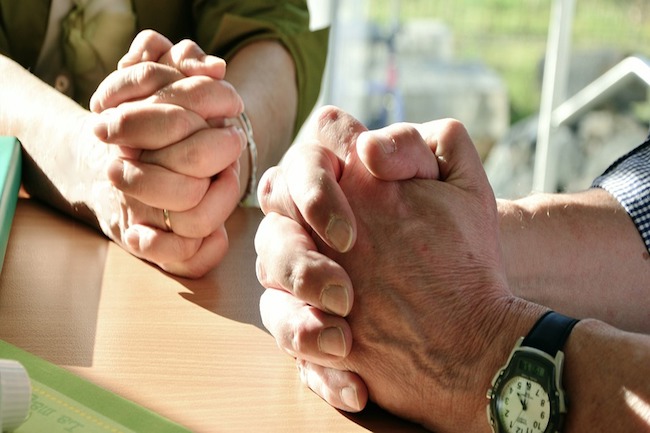How Prayer Played a Prominent Role in the Birthing of America by EDDIE HYATT for Charisma News
As he was preparing to leave home as a young soldier, George Washington’s mother, Mary Ball Washington, exhorted him, “Remember that God is our only sure trust.” She also urged him, “My son, neglect not the duty of secret prayer” (Hyatt, 1726: The Year that Defined America, 131).
The evidence is overwhelming that Washington remembered and carried out his mother’s exhortations. It is obvious that prayer played a prominent role in his life and in the birthing of the United States of America.
Prayer as a Young Man
In April of 1891, several of Washington’s descendants, including Lawrence Washington, Bushrod Washington and Thomas B. Washington, sold a collection of his personal items at auction in Philadelphia. Among the items was a little book filled with daily prayers in Washington’s own handwriting, written when he was in his twenties.
Entitled “Daily Sacrifice,” these prayers are deeply devotional and evangelical in nature. For example, the first entry reads, in part:
“Let my heart, therefore, gracious God, be so affected with the glory and majesty of Thine honor that I may not do my own works, but wait on Thee, and discharge those duties which Thou requirest of me.”
His prayer from the following Monday morning reads:
“Direct my thoughts, words and work, wash away my sins in the immaculate blood of the Lamb, and purge my heart by Thy Holy Spirit … daily frame me more and more in the likeness of Thy Son Jesus Christ.”
Also of note is his prayer:
“Bless, O Lord, the whole race of mankind, and let the world be filled with the knowledge of Thee and Thy Son, Jesus Christ” (Hyatt, 1726: The Year that Defined America, 132).
Prayer in Time of War
It is obvious that Washington continued to be a person of prayer. For example, after accepting the call of the Continental Congress to serve as commander-in-chief of the colonial army, one of his first actions was to issue an order that each day was to begin with prayer led by the officers of each unit. He also ordered that each soldier, unless their duties required them to be elsewhere, was to observe “a punctual attendance of Divine services, to implore the blessing of heaven upon the means used for our safety and public defense.”




